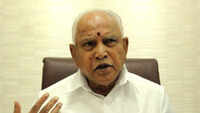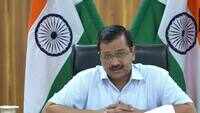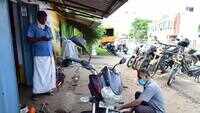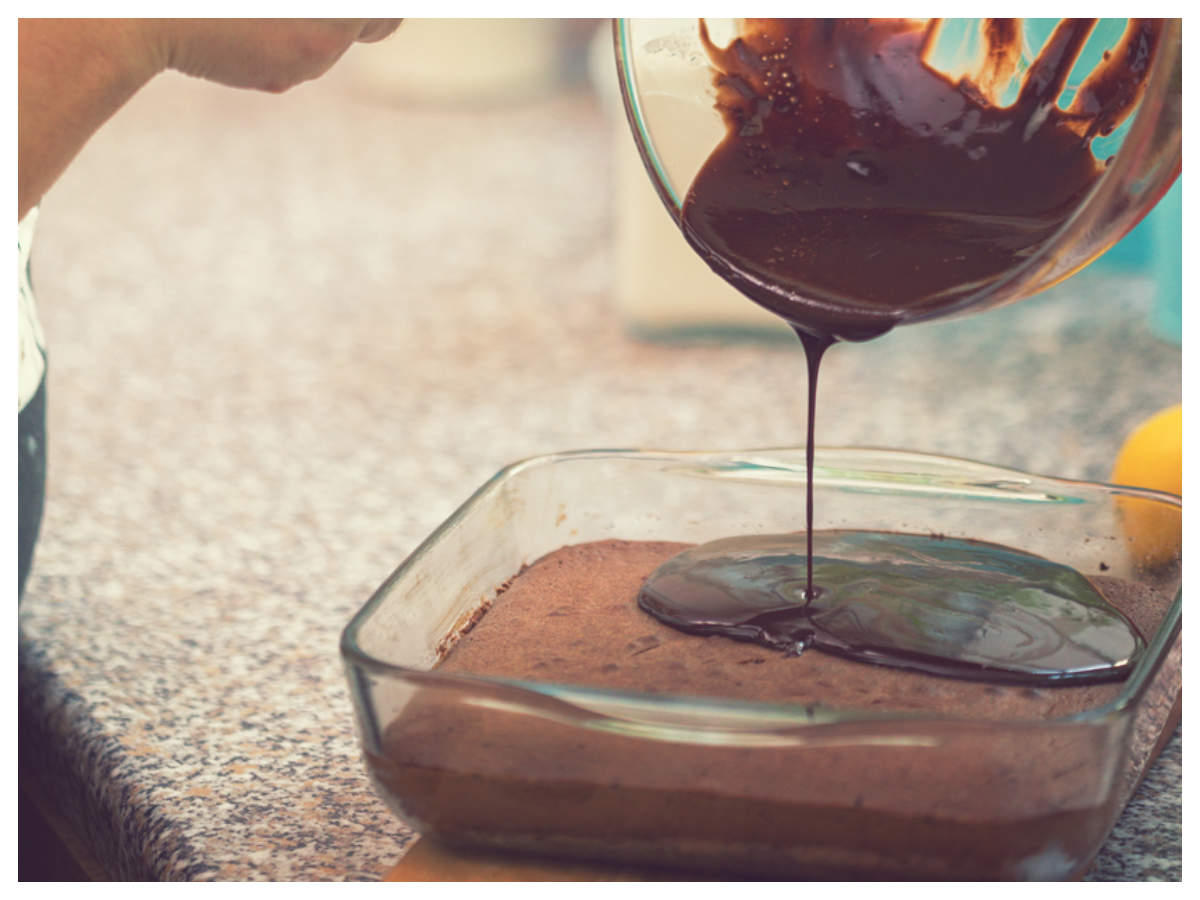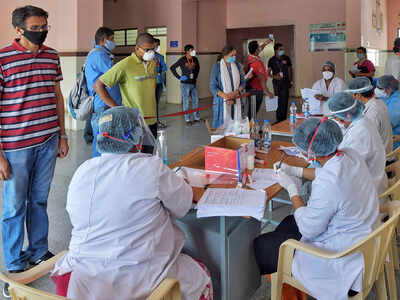
BENGALURU: The Karnataka government has decided to treat all patients in hospitals till they test negative, though the Centre on May 10 issued a circular stating home treatment/isolation can be provided for those who are asymptomatic or have mild to moderate symptoms.
“We have decided not to follow two GoI circulars. One is on permitting home treatment of positive cases. And the other is to discharge patients without testing if they are admitted for 10 days, show no fever for the previous three days or have no requirement for oxygen support for four days. We are not implementing these two criteria in Karnataka as we have enough number of beds to treat all patients,” said Jawaid Akhtar, additional chief secretary, health and family welfare department.
As per a mathematical projection cited by the government, there could be 80,000 cases in Karnataka by July-end. “If this number comes true, the state has 80,000 beds to treat the cases. However, we will have to think about home treatment in future for which there needs to be tremendous support from the patient and the family members. There are multiple issues involved. The government cannot easily check if the patient has isolated himself/herself at home while being on treatment,” said a member of the Covid-19 taskforce committee.
However, Dr CN Manjunath, also a Covid-19 taskforce member, said the projection made earlier with Italy and Spain as reference hasn’t come true for Karnataka.
“We may have 2,000-2,500 cases at the most by May-end and we can treat them in hospitals. The patient’s family will not accept home-treatment in Karnataka,” Dr Manjunath said.
Another expert committee member said clinically it doesn’t make sense to treat asymptomatic patients in hospitals. “But logistically, monitoring a Covid-19 patient at home isn’t possible, given the lack of awareness among many about personal hygiene. Home quarantine can be a risk at this point of time, given the highly contagious virus we are dealing with,” said the expert-doctor.
The decision hasn’t gone down well with many experts, who say the government should ideally normalise the infection and encourage reverse quarantine. In reverse quarantining, most vulnerable individuals such as the aged and suffering from comorbidities are isolated and closely monitored to protect them from infection.
“Covid-19 infection is just a flu. A patient’s condition at the time of testing and initial 1-3 days of hospitalisation can tell us about the disease progression. Treat all those who are at high risk with comorbid conditions and those aged 60 and above. But why waste resources to treat patients who need nothing but immunity boosters at the most?” said another expert.
Dr SC Nagendra Swamy, principal coordinator, Federation of Healthcare Associations of Karnataka, said: “There is a need to think about herd immunity. We will all have to develop Covid-19 antibodies in our body to live with this virus for long,” he said.
“We have decided not to follow two GoI circulars. One is on permitting home treatment of positive cases. And the other is to discharge patients without testing if they are admitted for 10 days, show no fever for the previous three days or have no requirement for oxygen support for four days. We are not implementing these two criteria in Karnataka as we have enough number of beds to treat all patients,” said Jawaid Akhtar, additional chief secretary, health and family welfare department.
As per a mathematical projection cited by the government, there could be 80,000 cases in Karnataka by July-end. “If this number comes true, the state has 80,000 beds to treat the cases. However, we will have to think about home treatment in future for which there needs to be tremendous support from the patient and the family members. There are multiple issues involved. The government cannot easily check if the patient has isolated himself/herself at home while being on treatment,” said a member of the Covid-19 taskforce committee.
However, Dr CN Manjunath, also a Covid-19 taskforce member, said the projection made earlier with Italy and Spain as reference hasn’t come true for Karnataka.
“We may have 2,000-2,500 cases at the most by May-end and we can treat them in hospitals. The patient’s family will not accept home-treatment in Karnataka,” Dr Manjunath said.
Another expert committee member said clinically it doesn’t make sense to treat asymptomatic patients in hospitals. “But logistically, monitoring a Covid-19 patient at home isn’t possible, given the lack of awareness among many about personal hygiene. Home quarantine can be a risk at this point of time, given the highly contagious virus we are dealing with,” said the expert-doctor.
The decision hasn’t gone down well with many experts, who say the government should ideally normalise the infection and encourage reverse quarantine. In reverse quarantining, most vulnerable individuals such as the aged and suffering from comorbidities are isolated and closely monitored to protect them from infection.
“Covid-19 infection is just a flu. A patient’s condition at the time of testing and initial 1-3 days of hospitalisation can tell us about the disease progression. Treat all those who are at high risk with comorbid conditions and those aged 60 and above. But why waste resources to treat patients who need nothing but immunity boosters at the most?” said another expert.
Dr SC Nagendra Swamy, principal coordinator, Federation of Healthcare Associations of Karnataka, said: “There is a need to think about herd immunity. We will all have to develop Covid-19 antibodies in our body to live with this virus for long,” he said.

Coronavirus outbreak
Trending Topics
LATEST VIDEOS
More from TOI
Navbharat Times
Featured Today in Travel
Get the app
